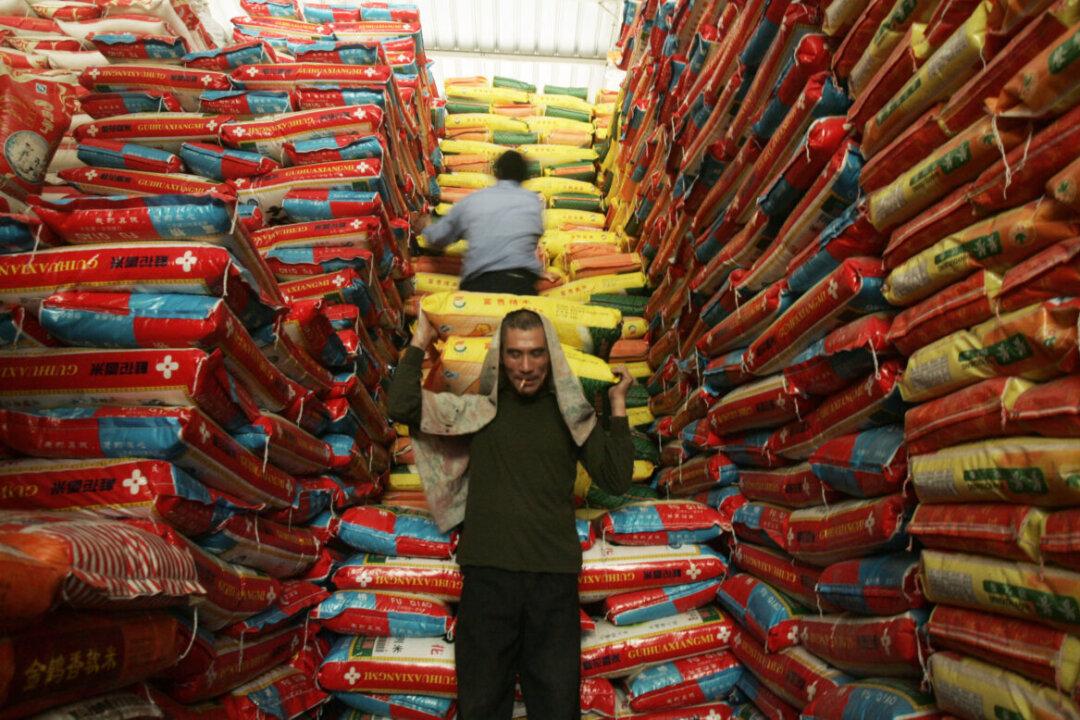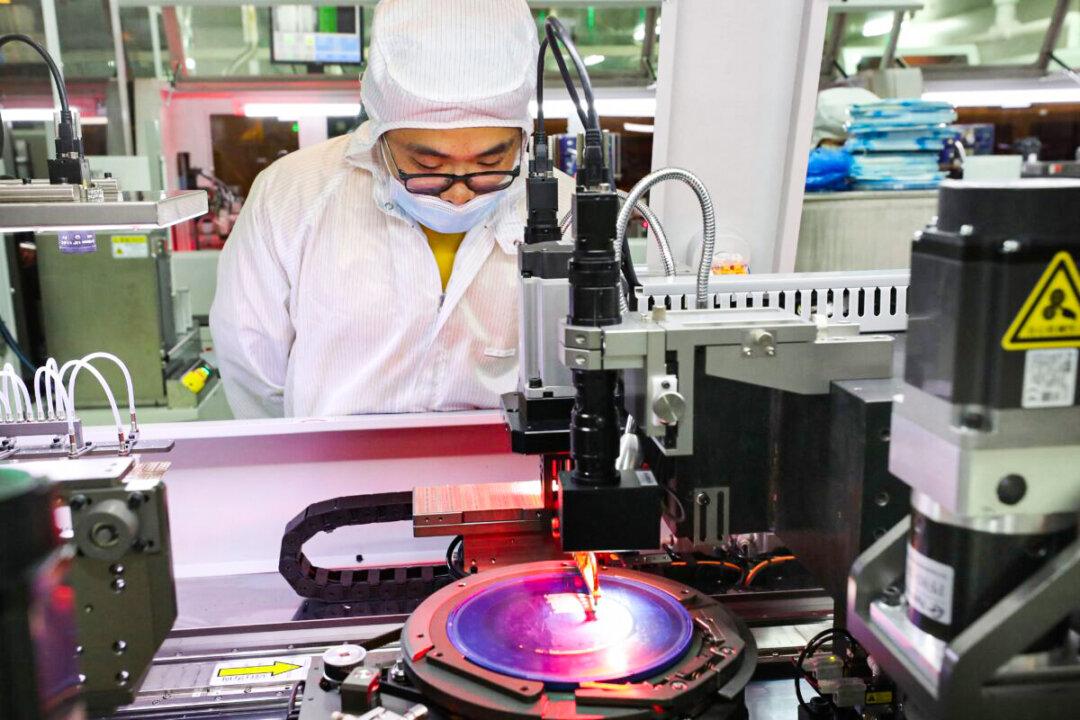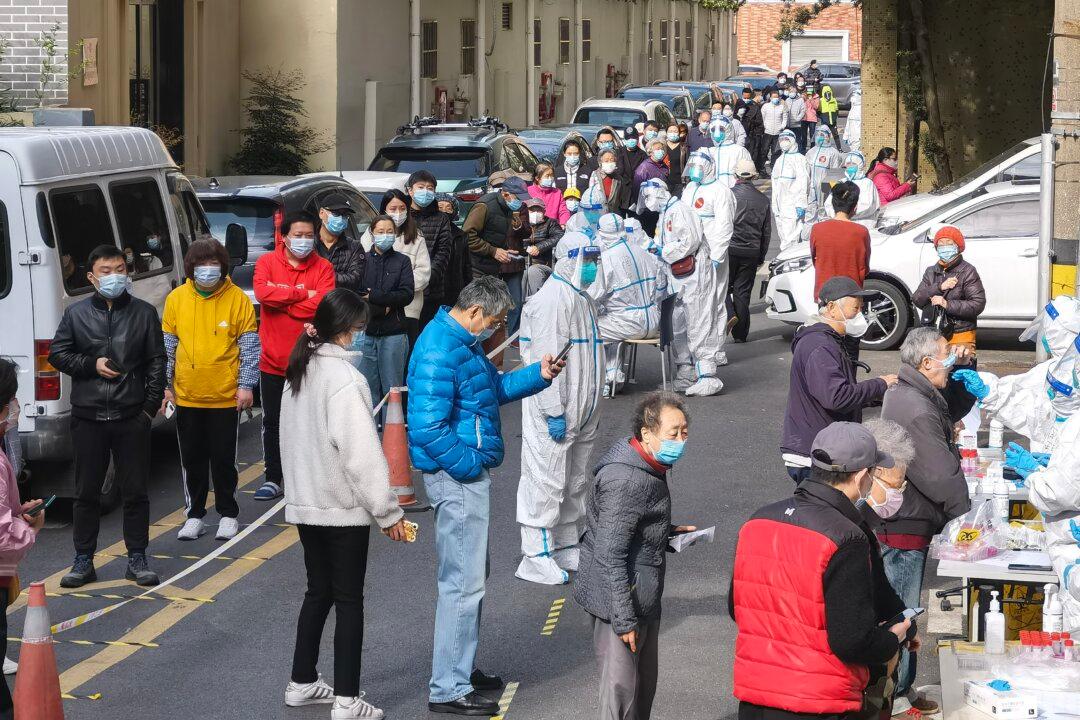The Chinese Communist Party (CCP) leader Xi Jinping recently emphasized the problem of food security, saying that ensuring grain security should be a “national security” concern.
On July 9, Xi presided over The 20th Meeting of the Central Comprehensively Deepening Reforms Commission, admitting that it is “more urgent than ever to ensure the independence and control of seeds,” “the string of food security should be tightened more than ever before,” and even elevating the grain security to “a strategic level of national security.”





